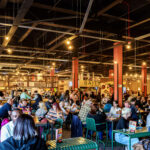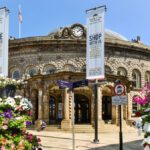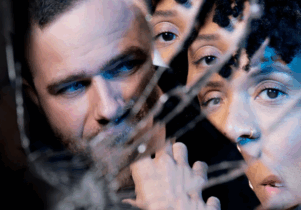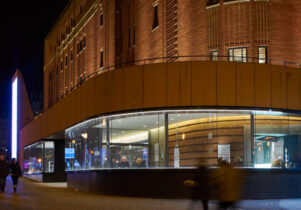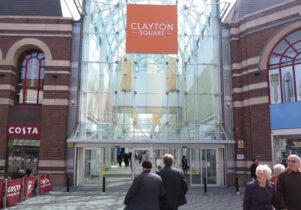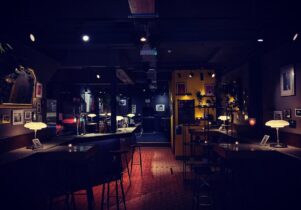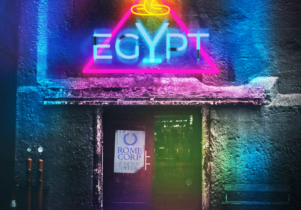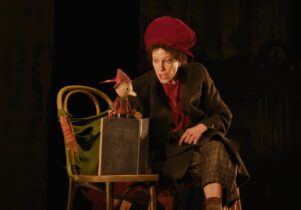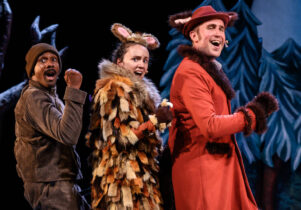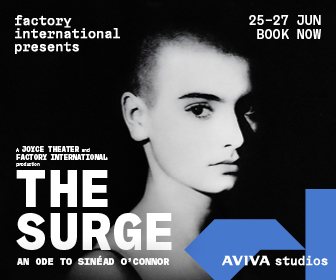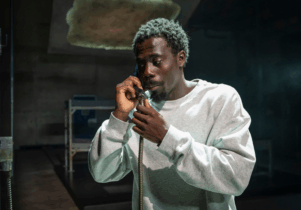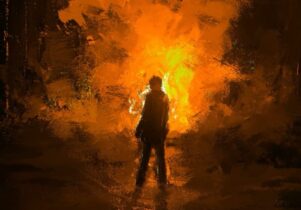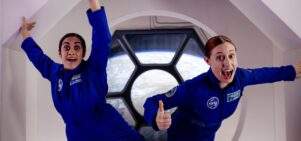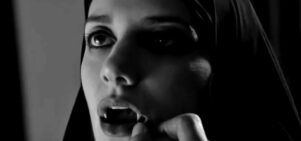Breaking the Code at Liverpool Playhouse
Kristy Stott, Theatre EditorBook now
Breaking the Code
Always double check opening hours with the venue before making a special visit.

A new production of Hugh Whitemore’s Breaking the Code comes to Liverpool Playhouse this autumn. Based on Andrew Hodges’ landmark biography Alan Turing: The Enigma, it tells the extraordinary story of mathematician, wartime codebreaker and pioneering computer scientist Alan Turing – a man whose genius helped shorten the Second World War, but whose life ended in tragedy after a conviction for homosexuality.
Whitemore’s play moves between Bletchley Park, where Britain’s codebreakers raced to crack the Enigma code during World War II, and post-war Manchester, where Turing’s pioneering research laid the foundations for modern computing. It also turns the spotlight on the personal, from close relationships and an unwavering refusal to live in secrecy, to the injustice of his 1952 prosecution under laws that criminalised homosexuality. Just two years later, Turing was dead, his life cut short in circumstances still debated today.
Directed by Jesse Jones, this new staging sees Mark Edel-Hunt step into the role of Turing, joined by Niall Costigan as sharp-eyed detective Mick Ross and Joseph Edwards as his boyhood friend and fellow science enthusiast Christopher Morcom. Peter Hamilton-Dyer brings to life fellow codebreaker Dillwyn Knox, while Carla Harrison-Hodge plays Pat Green and Susie Trayling takes on the role of Turing’s mother, Sara Turing. Rounding out the cast, Joe Usher multi-roles as Ron Miller and Nikos.
In a powerful new touch, to honour Turing’s recent Royal pardon, the development of Turing’s Law and his lasting legacy on modern Britain, the production closes with a specially written epilogue by Neil Bartlett. A poignant addition – that bridges past and present – asking what justice means when it comes too late.
As part of its UK tour, this new staging brings Breaking the Code to Liverpool Playhouse for just seven performances this October. Moving, thought‑provoking and full of humanity, it’s a rare chance to see a modern classic that still speaks powerfully to our times.








